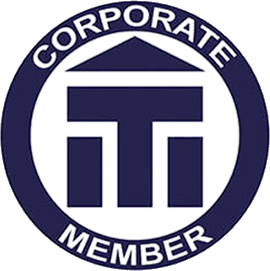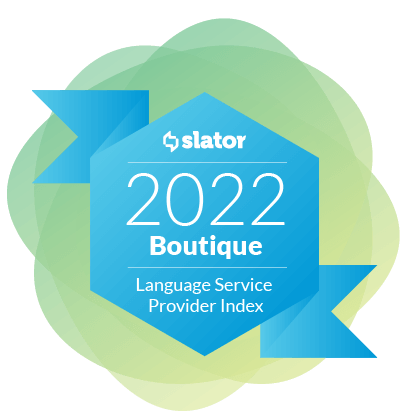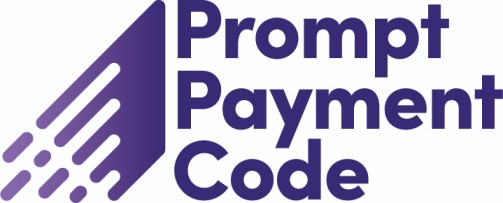Writing your text for a global market.
1. Determine your corporate style
Every company has a style, brand or image it wants to project. Who is your target audience and where are they? Decide on a tone of voice for your text and the way that you would like to describe your company. Once you have done this record everything in a style guide. This will help anyone translating your text to have a better understanding of not just what you want to say but the way in which you would like to say it.
2. Write for a global audience
Although 22% of the world’s population speak English, they don’t all speak English in the same way. Be specific and use as few colloquialisms, jargon and acronyms as possible.
3. Make your content easy to understand
Be concise and stick to the point. If you can say it in 3 words why use 5!
4. Build a glossary
Save time and energy by documenting the way you would like various products and company names to be written from the outset. It is also important to include any words or terms that you would not like to be used.
5. Build in ‘searchability’
If you are writing text for a website it is important to include key words that will show up in search engines, this means that your company will rank highly.
6. Check spelling and grammar
Although this seems like common sense you will be surprised how many people do not check this. Remember that your company’s reputation is at stake.
7. Reuse content when possible
Translation agencies charge by the word however they will not charge for words and phrases that they already have in their translation memory software. It is always worth asking if your translation agency can use a translation memory programme on your translation.
8. Mitigate risk with best-practice writing
Keep legal and regulatory considerations in mind.
9. Stay on brand
Don’t confuse customers by mixing your messages. Repeat key messages to build brand awareness in your market place.














